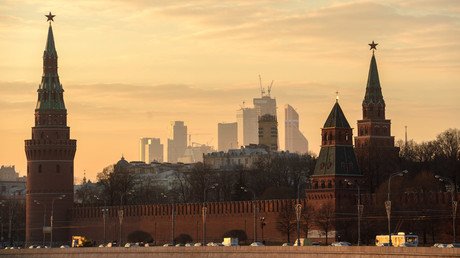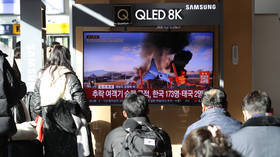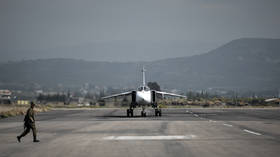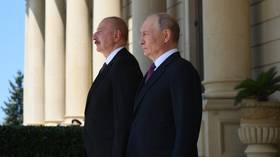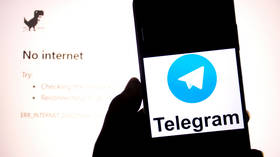Washington extends sanctions against Moscow
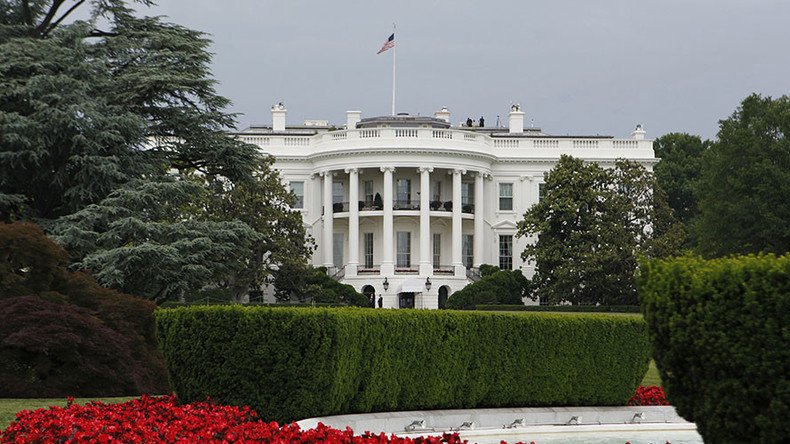
US President Barack Obama has announced American sanctions against Russia are to be prolonged for another year.
"The actions and policies addressed in the Executive Orders continue to pose an unusual and extraordinary threat to the national security and foreign policy of the United States," he said. "Therefore, I am continuing for one year the national emergency declared in Executive Order 13660."
Sanctions were initially introduced in 2014 because of Russia’s alleged role in the Ukrainian crisis and the accession of the Crimean Republic into the Russian Federation. They restrict economic activity between US citizens and companies with a number of Ukrainian and Russian businesses and individuals.
“I found that the actions and policies of the Government of the Russian Federation with respect to Ukraine undermine democratic processes and institutions in Ukraine; threaten its peace, security, stability, sovereignty, and territorial integrity; and contribute to the misappropriation of its assets,” said Obama.
Following US sanctions; the European Union introduced its own anti-Russian sanctions later in 2014. They included a number of Russian politicians and businessmen, as well as placing restrictions on lending to major Russian state-owned banks, defense and oil firms. In addition, Brussels imposed restrictions on the supply of weapons and military equipment and technology to Russia, dual-use technologies, hi-tech equipment and technology for oil production.
READ MORE: EU extends anti-Russia sanctions for 6 more months
Moscow responded by imposing an embargo on agricultural produce, food and raw materials against countries that joined anti-Russian sanctions.
source: tradingeconomics.com
Since then all sides have extended the restrictions.
However, recently business communities in Germany, Italy, Greece and other countries in the European Union have publicly protested against the continuing sanctions against Russia.
According to the Wall Street Journal, a number of EU governments have said they would like to see the economic sanctions reconsidered because of decreasing violence in eastern Ukraine and the growing political crisis in Kiev.
